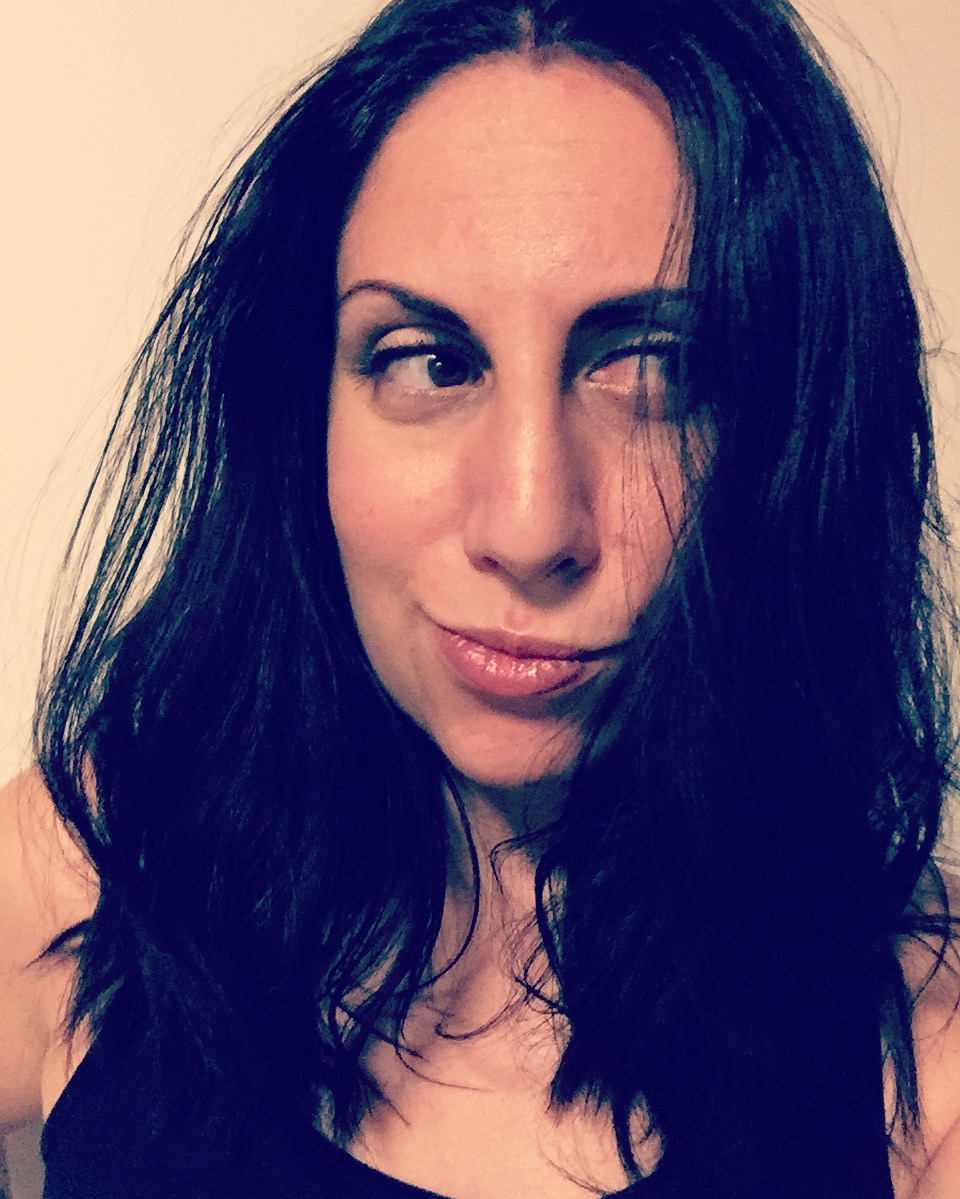Surviving with a Bipolar disorder diagnosis
I am not my illness. No matter how many disorders they slap on my chart, they do not define me. They do not own me. I can only take care of myself the best I can and hope for a little compassion on days it’s hard to get out of bed. Having been diagnosed with Bipolar Type I disorder; rapid cycling, was horrifying initially, but also a huge relief. All of the hardships I had endured over the years at times where there was little wrong in my life finally had a reason, an answer to the question, what is wrong with me?
Simply, it is a chemical imbalance in the brain that greatly affects mood and behavior. With extreme highs (mania) and extreme lows (depression.) It took three different doctors over the span of seventeen years to diagnose me correctly.
Depression with or without the bipolar component is no laughing matter. It drags you down by your ankles and holds you under water. You may feel as if you’re drowning but it won’t seem to end and you want it to desperately.
I will tell you from experience, “Why can’t you just be happy?” Is the cruelest sentence one human being can say to someone who suffers from depression. We do suffer. To me, it has its own identity living inside of me. I call it, the Darkness. Similar to Dexter’s Dark Passenger, I suppose. (Except for the entire murder part of course.) I don’t know if labeling it is healthy for everyone or not but it gave me some power over it.
Every human being is unique therefor no treatment is one size fits all. Don’t give up hope. I suffered without treatment for fourteen years. It took three years of treatment and a lot of trial and error to find what worked for me. Finding a psychiatrist I could feel comfortable with and trust was the biggest step in my recovery. Though I should use the term maintenance as all people who suffer from bipolar disorder will in fact relapse. (This is not failure. Pick yourself back up and keep trying to feel better, to be better.) With proper treatment, often through medications (commonly a combination of mood stabilizers, anti-depressants, anti-psychotics and “talk” therapy,) these relapses can be less often and less intense in nature. There are many treatments out there. The key is working with your doctor to find what works for you, as not all will. I personally work with an Integrative Holistic Psychiatrist, (combination of alternative and conventional care.) For me this was the only thing that worked. Stay strong.
Remember, you are not alone. I am not alone. Say it with me.


You are not alone, darling.